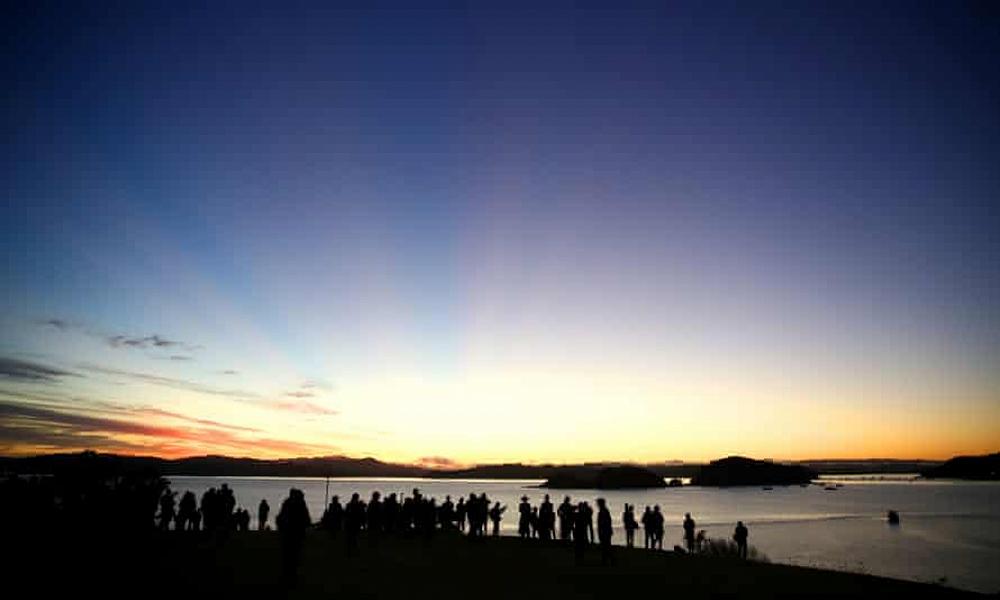
Chapel Matters
At the mihi whakatau last Monday, where we greeted the new staff and students and their whanau to our school, we sang the waiata He Hōnore (if you don’t know it, you can listen to a version of it here). With Waitangi Day last weekend, I wondered about the words and their meaning for us as a school and for us as the people of Aotearoa.
This is the translation of the waiata:
He Honore, he kororia, Honour, glory
Maungarongo ki te whenua, Peace to the land
Whakaaro pai e, May good thoughts come
Ki nga tangata katoa, To all people.
Ake ake, ake ake, Amine, For ever and ever, for ever and ever, Amen.
Te Atua, te piringa, God (is) the refuge,
Toku oranga. (And) my life.
The words of the first four lines comes from the account of Jesus’ birth in Luke’s Gospel where the angels meet the shepherds (Luke 2.8-16). The two key things they say here are, “Peace to the land” and “Goodwill to all people.” These are things that we all need in our own lives, as well as here at school, in Aotearoa and the wider world.
The first idea reminds us that the land (te whenua) needs a deep sense of peace (maungarongo) – animals, plants, the oceans, bush, birds, rivers etc.. They all need a chance to replenish, recover, heal, and thrive. Many of us care deeply about the planet and the angels are letting the shepherds know that God cares deeply too. This ties in with the important concept of kaitiakitanga in te ao Maori – guardianship and protection of the land. This message is a promise, that there will be peace on earth, so we should never give up trying to care for the land; it is never pointless to do our little bit! We are joining with God when we put out the recycling!
The second idea reminds us that we need to have a sense of goodwill towards others. The word whakaaro is all about your mind, your attitude, your will. To have good thoughts about others, to have good will towards others, means to be thoughtful, considerate, attentive, mindful, kind. If we can consciously, intentionally, deliberately, think of others, and what we can do that would be good for them, then our world, our society, our school, our families, would really benefit. The angel was saying that this is what God wants for all people, and that in Jesus, things like forgiveness, reconciliation, and grace, are possible. This isn't always easy so no wonder it involves our will and our intentions!
The waiata is really a prayer – we can tell from the phrases “ake, ake” and “aminē.” And it concludes with a statement of belief about who God (Atua) is – te piringa (a refuge or safe haven) and “toku orange” (my life – my sustenance, strength, comfort). When we have a God like this showing goodwill towards us and giving us peace, then we can truly be enabled to work for peace for the land and have goodwill towards others. Aminē!
